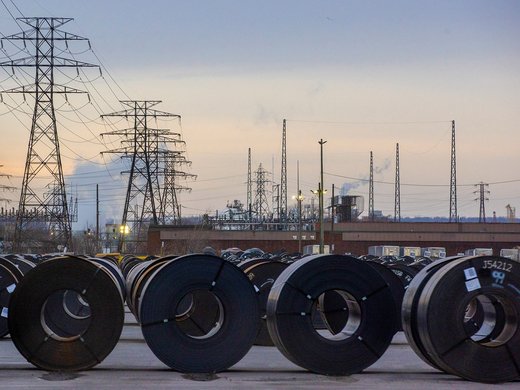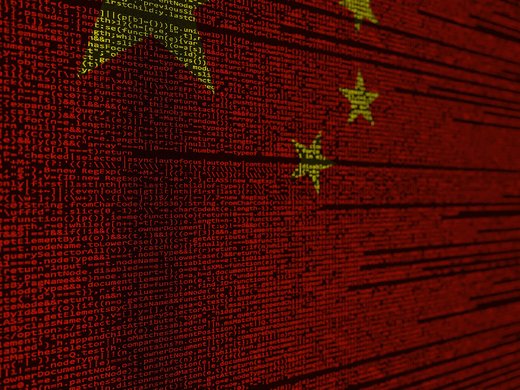In October 2014, the Chinese government and 20 other Asian countries signed a memorandum of understanding to set up a development bank with initial capital of US$100 billion to finance infrastructure in the region. The enthusiastic response by many countries to the Asian Infrastructure Investment Bank (AIIB), despite the opposition of the United States, has caught the world by surprise. Many see the new China-led bank as the beginning of a new international financial order and a triumph for China. This policy brief suggests that the AIIB is not a new “Bretton Woods moment.” While the new bank and other new minilateral financial institutions involving China are, in part, designed to stimulate reform of the Bretton Woods system, they remain closely linked to it. In any case, the creation of a new financial order is always a long historical process, rather than a sudden transformation. The AIIB is a major diplomatic victory for China and a foreign policy fiasco for the United States. But it is not necessarily conducive to China’s long-term economic well-being. In seeking better access to resources overseas, exporting overcapacity and improving the performance of China’s external assets, China’s new economic activism — including the AIIB — may further delay the economic restructuring and rebalancing the country urgently needs.


